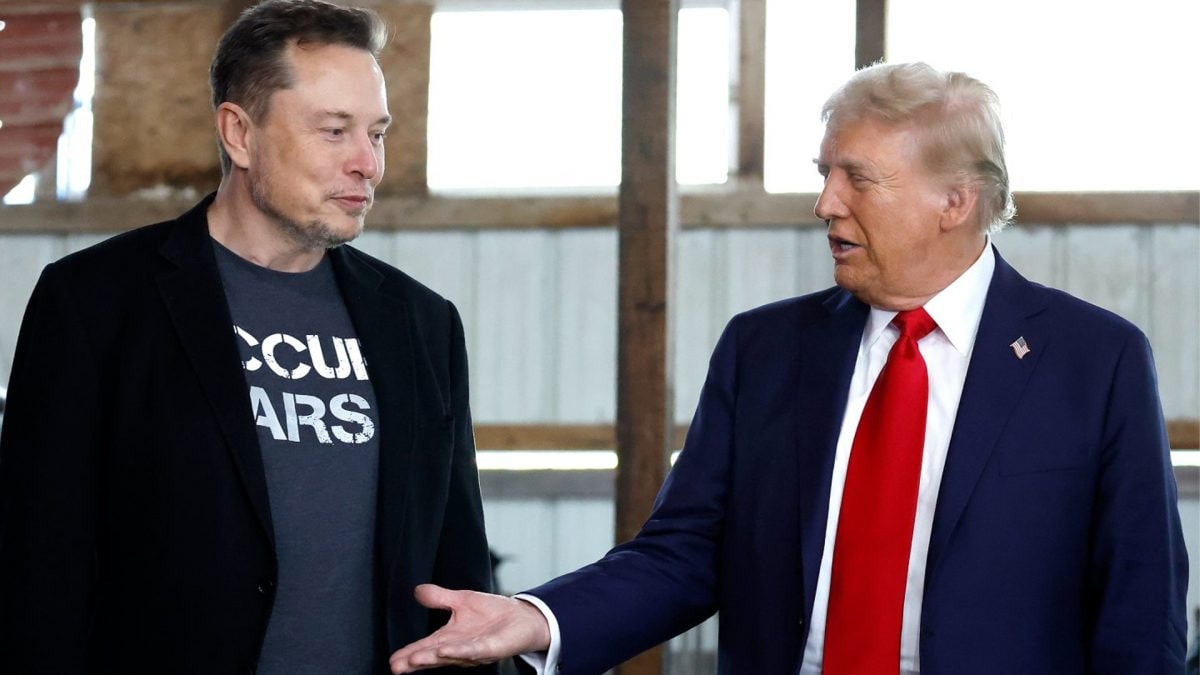
The incoming Trump administration is reportedly eyeing a push to make it easier for fully autonomous vehicles to hit the streets. President-elect Donald Trump’s transition team has plans to prioritise a federal framework for self-driving that would be very favourable to the companies working on them. Sources familiar with the discussions told Bloomberg that developing these new rules could be transformative, particularly for Elon Musk and his electric vehicle company, Tesla.
Musk, a key Trump donor and a growing influence within the president-elect’s circle, stands to benefit enormously. The Tesla CEO has heavily invested in self-driving technology, betting the company’s future on the success of driverless vehicles. Current federal restrictions create substantial hurdles for large-scale deployment of cars without steering wheels or pedals — limitations that Musk hopes to see lifted.
As Trump’s team works to identify leaders who will shape these policies, the discussions around self-driving regulations are gaining momentum. While a federal framework for autonomous vehicles could be issued by the National Highway Traffic Safety Administration (NHTSA), insiders suggest that sweeping legislative changes might be necessary for widespread adoption. A bipartisan bill is reportedly in the early discussion stages, which could establish federal rules for self-driving cars.
The legislation would be critical, as past attempts have struggled to clear the Senate. The proposal would aim to increase the cap on self-driving vehicle deployments, which currently allows manufacturers to release only 2,500 units annually under exemptions. Past measures to raise this to 100,000 vehicles have repeatedly stalled.
Candidates for top roles in the Department of Transportation are already being considered, with former Uber executive Emil Michael emerging as a possible pick. Others in the mix include Republican Representatives Sam Graves of Missouri and Garret Graves of Louisiana. The Trump transition team has yet to respond to requests for comment on these developments.
Elon Musk’s ambitions for a fleet of driverless Tesla robotaxis, dubbed the Cybercab, are well known. Musk has announced plans to roll them out by 2026, but current US regulations remain a roadblock. He has expressed support for new federal rules to streamline the adoption of self-driving technology, emphasising this on Tesla’s recent earnings call.
His advocacy for regulatory change has already rattled the rideshare market, causing a dip in Uber and Lyft’s stock prices. Musk has also been tapped by Trump to co-lead a new Department of Government Efficiency initiative alongside entrepreneur Vivek Ramaswamy. The group’s mission? To eliminate red tape, cut spending, and remove regulations they deem excessive.
Efforts to establish federal regulations for autonomous vehicles have consistently hit roadblocks. The NHTSA’s current exemption system limits manufacturers to 2,500 self-driving cars annually. While a bill to increase this cap sailed through the House during Trump’s first term, it has languished in the Senate ever since.
A renewed push during the Biden administration fizzled out, as disagreements emerged over provisions that would restrict consumer rights to sue automakers. With Trump back in power and Musk in his corner, the future of self-driving cars may take a significant turn, but the road to regulatory change is anything but smooth..














